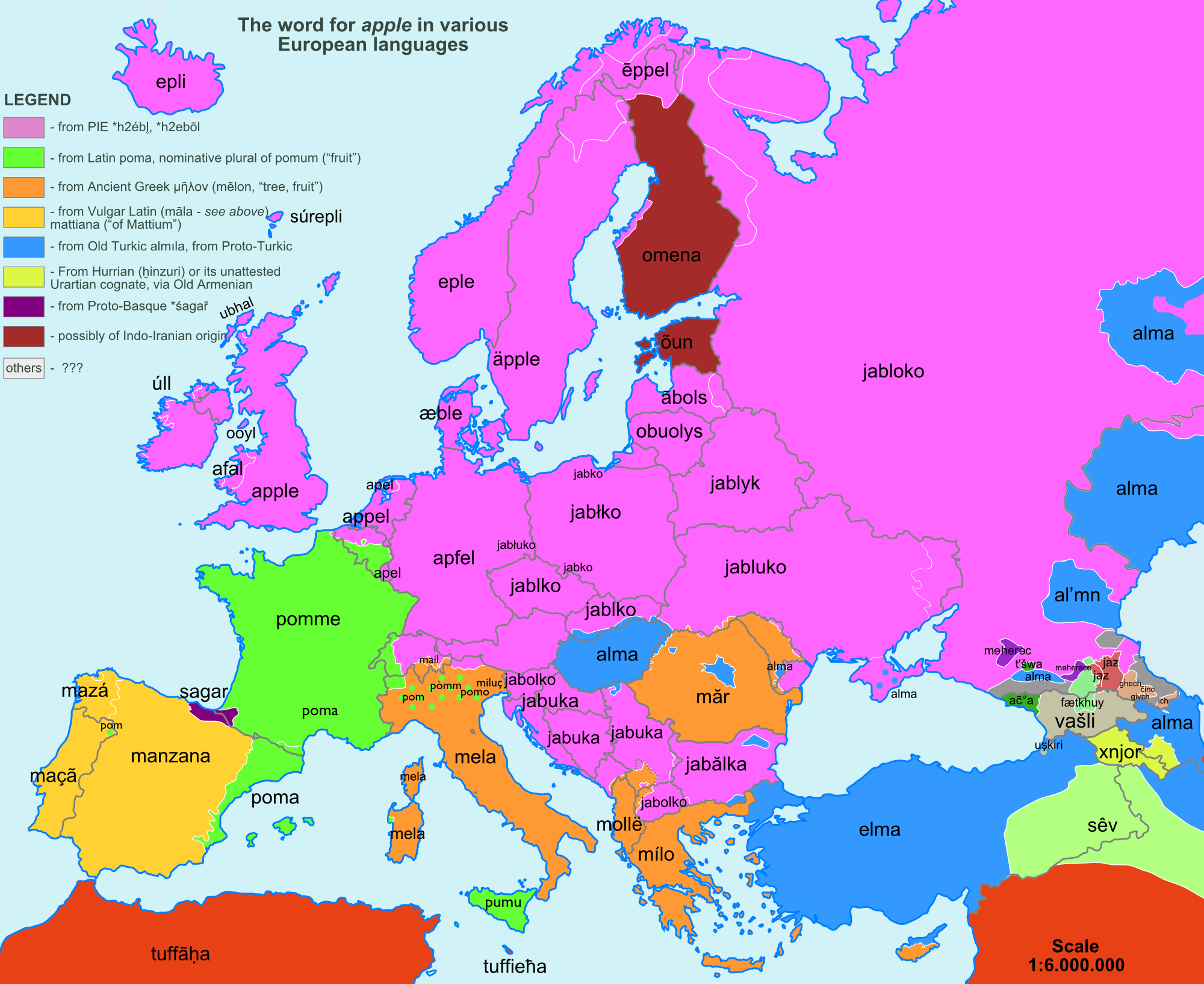Can you ‘hit the nail on the head’ in Hungarian? Common Hungarian−English idiom pairs, Part 2
Understanding the lexicon of a language demands knowing both the denotative and the figurative meaning of words and expressions. Proverbs and idiomatic expressions, belonging to the latter category, reflect cultural traditions and national character. They are an essential part of the mastery of any language due to their frequent use, diversity, and national colouring.
We have collected some Hungarian and English idiom pairs to show the similarities and differences between the two languages and to help you enrich your vocabulary.
You can read the first part of the article HERE.
The idioms are grouped according to the same viewpoint. The first group includes idioms that have the same or very similar lexical structure, syntactic structure, and idiomatic meaning. In the second group, some syntactic or lexical connections can be observed between the idioms of the two languages. In the third group, the same idiomatic meaning is expressed with a completely different structure in the two languages.
1.
amelyik kutya ugat, az nem harap [ʌmɛjɪk kʊtjʌ ʊgʌt, ʌz nɛm hʌrʌp] – barking dogs seldom bite
meaning: people who appear threatening rarely do any harm
dióhéjban [dɪɔːheːjbʌn] – in a nutshell
meaning: very briefly, using only a few words
homokba dugja a fejét [hɒmɒkbʌ dʊgjʌ ʌ fɛjeːt] – bury one’s head in the sand
meaning: to ignore or avoid something unpleasant

Read also10+ English words that have Hungarian origins
2.
az utolsó csepp a pohárban [ʌz ʊtɒlsɔː tʃɛp ʌ pɒhɑːrbʌn] − the final/last straw
translation: the last drop in the glass
meaning: the last tolerable thing in a sequence of unpleasant events
behúzza a fülét-farkát [bɛhuːzʌ ʌ fyleːt-fʌrkɑːt] − with (one’s) tail between (one’s) legs
translation: tuck one’s ears and tail
meaning: to display embarrassment, humiliation or shame, especially because one has been defeated
két legyet üt egy csapásra [keːt lɛɟɛt yt ɛɟ tʃʌpɑːʃrʌ] – kill two birds with one stone
translation: strike two flies with one stroke
meaning: to accomplish two different things at the same time or to solve one problem with a single action
minden lében kanál [mɪndɛn leːbɛn kʌnɑːl] − have a finger in every pie
translation: a spoon in each juice
meaning: to be involved in several different activities at the same time, to be a meddler
zöldfülű [zəldfylyː] – green hand/greenhand
translation: green-eared
meaning: novice, inexperienced (in English, this expression is especially used among sailors)
3.
eső után köpönyeg [ɛʃɜː ʊtɑːn kəpəɲɛg] – there is no use crying over spilt milk
translation: cloak (or raincoat) after rain
meaning: it is a waste of time worrying or complaining about something that is done and cannot be changed
köti az ebet a karóhoz [kətɪ ʌz ɛbɛt ʌ kʌrɔːhɒz] – stick to one’s guns
translation: tie the dog to the stake
meaning: when someone refuses to change his or her decision or opinion about something, even though he or she might be wrong
nem most jött le a falvédőről [nɛm mɒst jət lɛ ʌ fʌlveːdɜːrɜːl] – (he or she) was not born yesterday
translation: he or she has not just come off the wall covering/tapestry
meaning: used to indicate that someone is not very naïve; he or she is not foolish enough to believe something that is not true
rámegy inge-gatyája [rɑːmɛɟ ɪngɛ-gʌtjɑːjʌ] − cost an arm and a leg
translation: his or her shirt and pants go on it
meaning: to be extremely expensive

Read alsoHungarian word of the day!
Source: Daily News Hungary
please make a donation here
Hot news
Budapest tourism “exploded” this past weekend
Container transport in Budapest may stop: How will this affect Hungarian economy?
Minister: Hungary will protect its territory by every means possible
Orbán cabinet may double airspace fee: another ticket price increase?
Hungary expanding the list of prohibited designer drugs
Hungarian minister: Ukraine ‘blackmailing’ Hungary and pro-peace states





1 Comment
The green hand is wrong. The expression of someone being green comes from Anthony and Cleopatra, written by Shakespeare in 1606.
“…My salad days, / When I was green in judgment, cold in blood…”.